Summertime is now in full swing and you should be enjoying the rewarding and exciting experiences of the season. Some of the favorite activities discussed by our diabetes management patients are the outdoor grilling, enjoying a lazy afternoon picnic at the park or hanging out at the beach with friends or during a family reunion.
Having diabetes or another chronic condition should make you think more about proper planning. Diabetes can influence your immune system, especially when blood sugars are out of control, increasing the risk of infection. According to the CDC, “food poisoning is one of the most common maladies in the US. About 1 in 6 people get sick by consuming contaminated foods. This is about 48 million people.” Food poisoning tends to increase during the spring and summer months when more foods are taken outdoors and can be affected by the high heat and humidity with improper handling. To stay healthy and enjoy all of your outdoor cooking and grilling events, consider some of these guidelines to make your summer more carefree and outdoor friendly when you have diabetes.
Wash Hands
Always start any food preparation or eating by washing your hands – preferably with soap and warm water or a hand sanitizer high in alcohol content. This should be done prior to, during and after food preparation.
Be Really Prepared
When cooking outdoors, carry plenty of disposable wipes, cooking gloves, hand sanitizer, paper towels, tin foil, extra paper goods, a blanket or beach towel, plastic ware and a large garbage bag. Make a checklist and keep it near your picnic basket or grilling supplies. Carry snacks such as fruit, veggies or nuts to snack on if you get hungry and the food is not ready. You do not want to set yourself up for hypoglycemia. Feelings of weakness, light headedness, sweating, fatigue and being confused can signify heat stroke or low blood sugars so test to be certain.
Food Preparation
Always thaw frozen food in the refrigerator and not on the counter top at room temperature. This can become a breeding ground for bacteria. Frozen food can be directly thawed in a microwave and should be used immediately. There is no need to wash raw meat or poultry which can splash germs into the sink. Cooking food at correct temperatures will kill the bacteria which may be present.
Meat Temperature
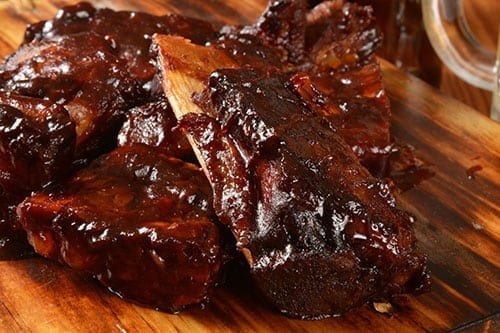
Food Size
Cut foods like steaks, chops and chicken breasts into bite size kebobs to lower cooking times and temperatures. This is more healthful. Clean the grill prior to each use with soapy water and a steel brush to remove all hazardous fragments. Use steel skewers or wet bamboo skewers prior to threading food.
Coolers
All salads, meats, produce and dairy should be transported in a cooler. Use a reliable cooler that is large enough for the food as well as for the ice or ice packs. A full cooler will do a better job of keeping food cold than a 1/2 full cooler. Adjust to a smaller size if it is not filled. Keep a separate cooler for drinks since this cooler will be opened much more frequently. Make sure the cooler is washed after each use with warm soapy water and carefully dried out. Keep the cooler in the car with air conditioning and not in the trunk or exposed to direct sunlight. A thermometer should be placed in the cooler and kept at 40 degrees or cooler.
Separate Foods
Keep hot and cold foods separated so they can maintain their proper temperature.
Grilling Fruits
Grilling fruit is a perfect summertime dessert treat but make sure to remove the rinds. For instance, summer fun may include soaking watermelon, honeydew or cantaloupe in vodka or rum. The rinds may harbor Listeria, so remove them. Peaches, plums and pineapple taste delicious when grilled with none of the ill effects of grilling. Grilling vegetables with a bit of olive oil are also delicious. Try grilled asparagus, corn or tomatoes.
Foods Not Influenced by Temperature
If you do not want to cook or worry about separating foods by temperature, consider bringing foods that do not require much maintenance. Bring hard cheese and whole grain crackers, popcorn, Chex-Mix, nuts, nut butters, dry cereals like Cheerios or pieces of whole fruit or canned tuna, salmon, sardines or chicken.
Mayonnaise is Not Really the Picnic Enemy
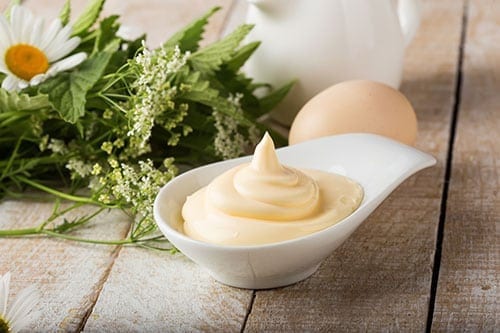
- Throw it out. Discard of all grilled foods that are in heat of 90 degrees or more for more than 60 minutes.
- Cook all meats thoroughly to avoid parasites like E. Coli and Trichinosis.
- Avoid AGEs (advanced glycation end products) caused by high heat sources like a grill by starting your cooking in the oven prior to grilling.
- Add marinades that help protect and shield the meat.
- Trim off visible fat and remove skin from the meat prior to grilling. Let the marinade help maintain the moisture.
Summertime is the right time to get outdoors and enjoy your friends and family along with a delicious BBQ or picnic. Know the guidelines to keep you safe with diabetes!
Have a question or comment? Then post below, no registration is required. I would love to hear from you!
NOTE: Consult your Doctor first to make sure my recommendations fit your special health needs.
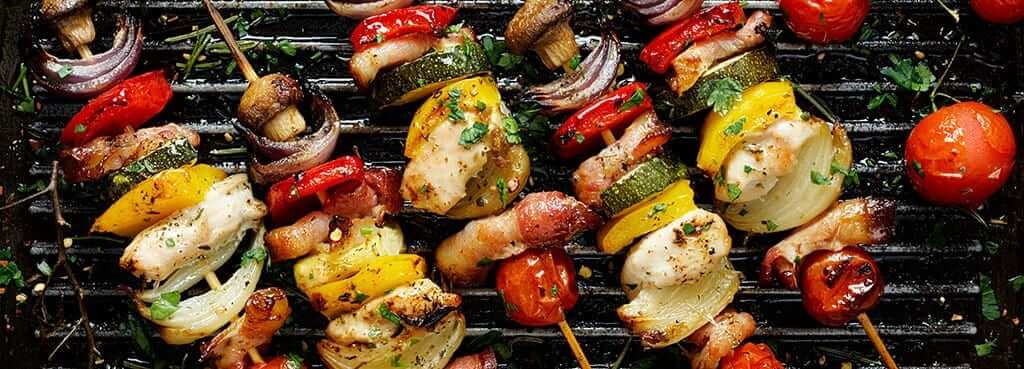


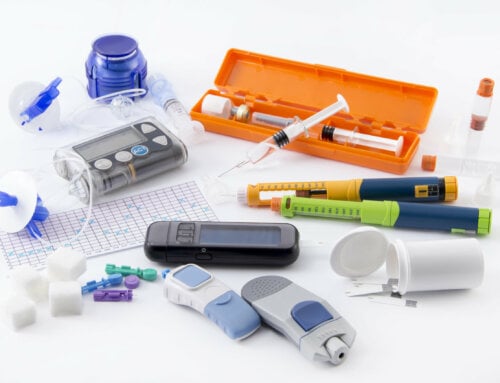
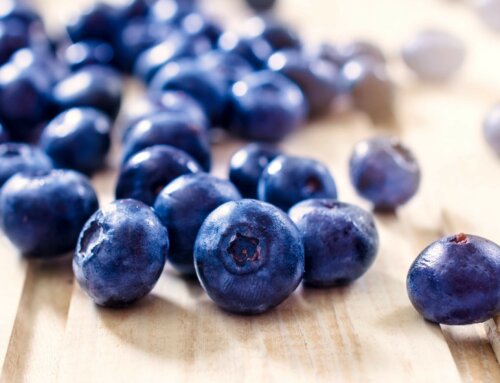


Leave A Comment